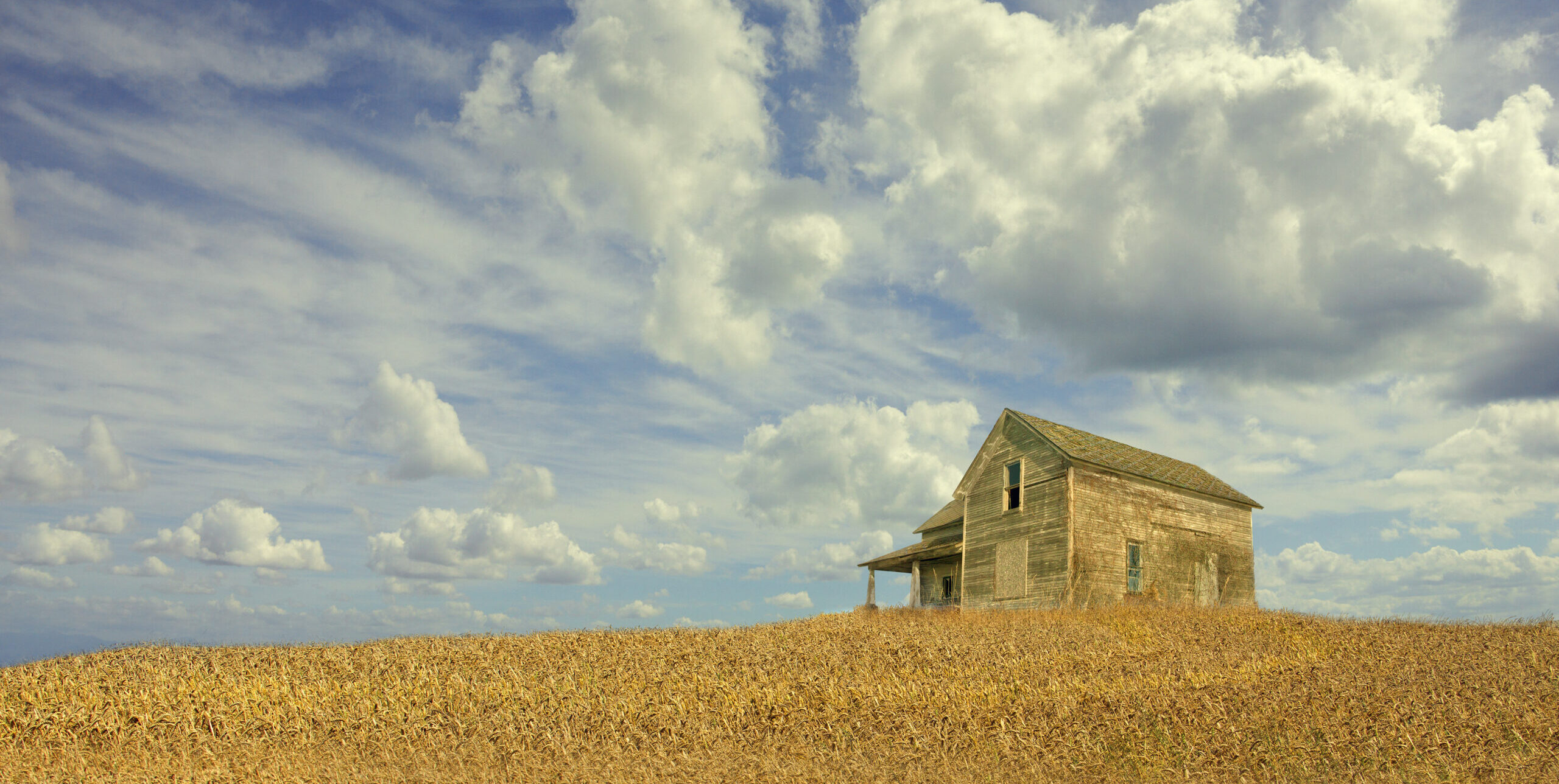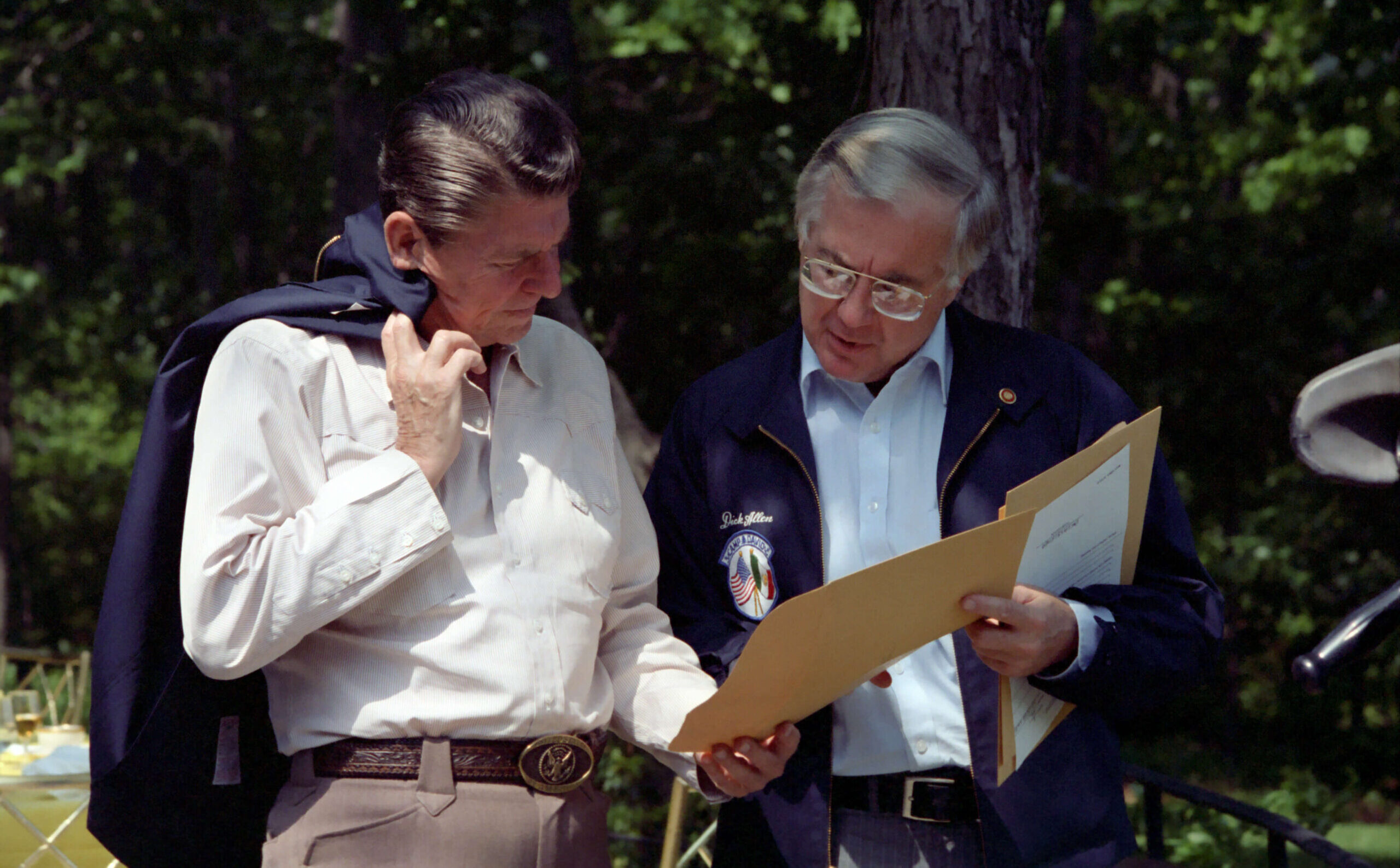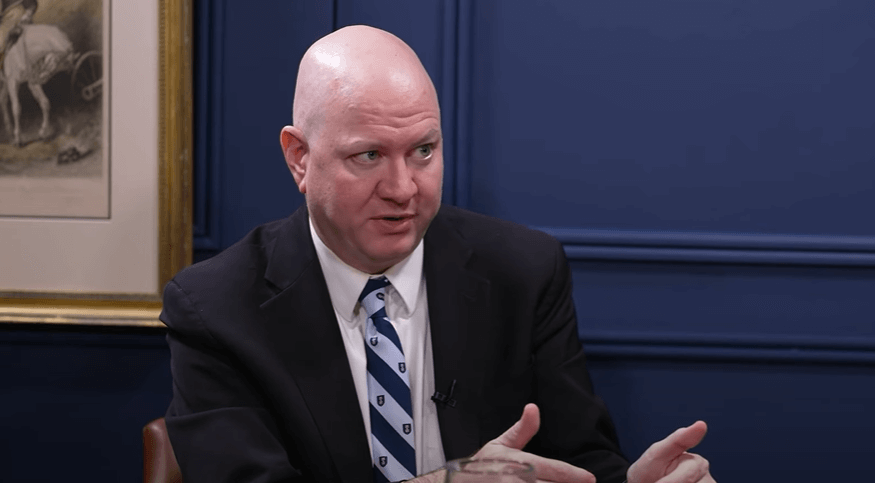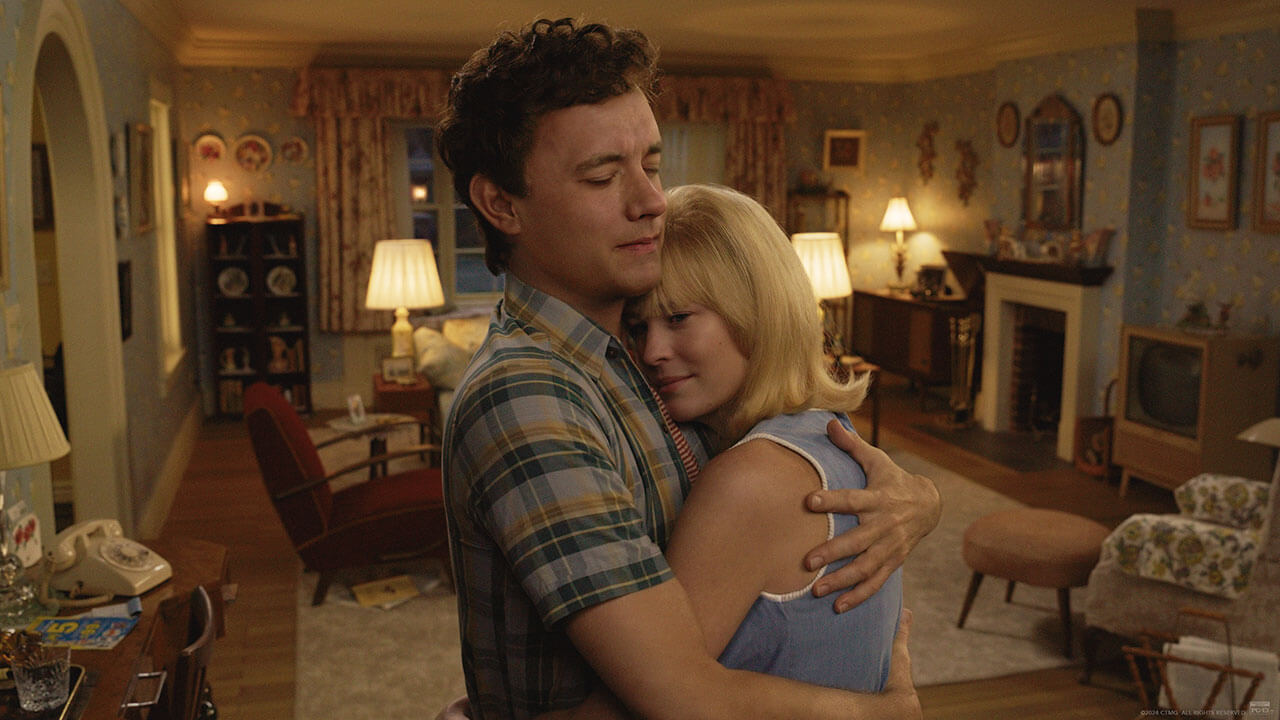Uprooted: Recovering the Legacy of the Places We’ve Left Behind
By Grace Olmstead
(Sentinel, 2021)
Uprooted is the young, Idaho-bred, D.C.-area journalist Grace Olmstead’s book-length grappling with the question “Will I move back?”
It’s a good and thoughtful and searching book, comprising equal parts family memoir, meditation on the cause and cost and consequences of uprooting, and reportage on her native ground’s besiegement by “economic consolidation, suburban development, and brain drain.”
The only member of her clan who departed the Mountain Time Zone, Olmstead is acutely aware of the place she left behind, in that self-conscious way of the expatriate. Lord Acton said that exile is the nursery of nationalism, but in Uprooted Olmstead is a clear-eyed and analytical guide to her home state, oozing neither treacle nor bile.
The author grew up in Fruitland, Idaho, on the Oregon border, but her focus is on nearby Emmett, “where generations of my family rest.”
Grace’s ancestors settled Idaho in the early 20th century. They were farmers, schoolteachers, even a traveling dentist. Her great-grandmother wielded the wonderfully minatory name Iva Ax.
Her great-grandfather, “Grandpa Dad,” is the dominant presence in Olmstead’s imagination of home. He was an industrious and independent 120-acre farmer whom she knew as a poetry-reciting nonagenarian Sunday school teacher. More on him anon.
Like many a bright hick, teenage Grace seemingly mismatched her milieu. She was a “nerdy bookworm who often did not fit in well within my rural context.” Her favorite cartoon character was Belle from the Disney film Beauty and the Beast, who whined, “There must be more than this provincial life!”
Go East, Young Woman!
So Grace flew off to Patrick Henry College in Virginia, within commuting distance of the nation’s capital. She married a Virginian and joined the army of Metro-riding twentysomethings coursing through what an early D.C. punk band called “Washingtron,” which is, or at least was, one of the world’s great cities for smart, ambitious, and usually unattached young people.
Olmstead owes an obvious and welcome debt to Wendell Berry, evident in her frequent use of the word membership, as well as in her borrowing of Berry’s teacher Wallace Stegner’s frontier dichotomy of boomers, who “pillage and run,” and stickers, who are “motivated by affection, by such love for a place and its life that they want to preserve it and remain in it.”
Many of Idaho’s earliest settlers—miners, treasure hunters, trappers—were, like Stegner’s own father (read The Big Rock Candy Mountain), boomers, plungers, and get-rich-quick artists. Colorful characters but not the human stuff of which community is made.
Their credo was vocalized decades later in Nixon administration agriculture secretary Earl Butz’s evil aphorism “Get big or get out,” which survives in modified form in today’s cretinous motto “Go big or go home.” (The retort to which is Edward Abbey’s crack that growth is the ideology of the cancer cell.)
Olmstead’s controlling metaphor is roots, cultural and agricultural: “Rootedness and perennial belonging often make sense to us on a scientific, ecological level. We know…what the soil needs for biological health and flourishing. But there seems to be a widespread belief in our society that these principles do not apply to people.”
This disregard—even contempt—for rootedness is an article of faith in the ruling class, which is, almost to a man, uprooted and glad of it.
Here the reader hears echoes of Christopher Lasch, particularly his posthumously published and prophetic The Revolt of the Elites and the Betrayal of Democracy. Writes Olmstead: “The wealthy and corporate success stories of our world are constantly jetting from coast to coast, country to country, time zone to time zone—and they encourage the rest of us to do the same.”
The placeless manipulate the levers of power, and will continue to as long as such levers exist. Stickers, in their view, are losers. The only effective political response to this would be a radical decentralization of power. Or its abolition.
In any event, the departure of bright young things from the hinterlands to the city lights is a hoary story.
Among the homefolks Olmstead interviews is a high school senior with the evocative Hawthornian name Faith. (Actually it’s FaithAnn, but we’ll just forget the suffix.) Faith was Miss Gem County Outstanding Teen and the secretary of her chapter of the Future Farmers of America. She also can’t wait to get the hell out of Dodge. Some of this is teen-girl angst, as in her complaint that “everybody knows everybody’s business.” (I bet there are “cliques” too!)
But like good-time Charlie who had the blues once lamented, everybody’s leavin’ town. “They’re moving on to bigger and better things,” says Faith, who adds, “I’m one of those ‘I want to get out of here’ kids.”
Hey, who wants to be a loser? The poisonous assumption that success can be measured by the distance one has traveled from home is as operative in 21st-century Idaho as it was in 1970s Upstate New York.
Still, the homeward pull of place and memory survived far more violent assaults in 20th-century America—for example, the savagery of 1950s–70s urban renewal and the militarization of American life under the ridiculously laureled “Greatest Generation”— and I’m betting that Faith, at least she of the majuscule F, may someday return to Emmett.
The Emmett area is blessed even today with people who have a healthier idea of what constitutes success. Olmstead profiles the Dills, Wendell Berry–reading Christian organic farmers whose faith motivates such practices as, in their words, “attending to water, air and soil quality, paying our workers a decent wage, keeping our farm in good order, working together with family and friends.” They are ideals, paragons—”an alternative vision of the American Dream.” The Dills explain: “Being content, living within a community, caring for people—this sounds like the real dream. It’s romantic, and it’s reality. It’s a way of life worth living. Why settle for money, things, and disconnection?”
Another of her subjects, orchardist Lance Phillips, is a transplant from Washington state. As is often the case in small-town America, the newcomer offers a fresh perspective, an appreciation of what the natives either do not see or do not prize.
Phillips and the Dills are hanging on, their economic precariousness a concomitant of their principles. Whether these good people are apparitions of the past or wholesome auguries of the future is an open question. For Olmstead says that Grandpa Dad’s agricultural Idaho of “hundreds of small farming families working alongside each other,” interdependently, has given way to “the slow homogenization of cropland, the aging farmer, the quiet Main Street.”
Soon it may all be swallowed up into the Great American Nothingness. The Boise megalopolis lurches Emmettward; booming Idaho is now the fastest-growing state in the union. Housing prices skyrocket as affluent migrants flock to the heretofore obscure state, and “Don’t Californicate Idaho” signs proliferate. Olmstead is too quick to condemn fear of Californication as motivated by NIMBYism, the pejorative acronym (for “Not in My Backyard”) favored by developers to smear those who wish to protect their communities. NIMBY should be another proscribed n-word, as only those with no backyard reprove others for caring about theirs.
In her introduction, Olmstead writes that “the more I studied the history of my own community, the more I realized that most of its struggles with depletion and brokenness were caused by those who leave.” But by book’s end, she has shifted some of the blame onto the economy of extraction. Her valley has been transformed not by “the benign work of an invisible hand,” she says, but rather by “deliberate choices to maximize profit rather than embracing limits, to prioritize ‘progress’ over rootedness.”
It wasn’t only rent-seeking agribusiness that cut the thews and sinews of these communities. So did any number of ostensibly progressive 20th-century measures, among them school consolidation, the good roads movement and the Interstate Highway System, federal subsidy of colleges and universities, and conscription during the nation’s two world wars and the Cold War.
Even Grandpa Dad’s exemplary life comes in for reexamination. He was a responsible steward who scorned government handouts and abhorred debt, yet, she suggests, Grandpa Dad’s “individualism,” or stubbornness, severed her family’s connection to the land. His maverick qualities and ornery independence drove away the son who might have kept the farm in the family. Grandpa Dad asked no one’s advice, he accepted no one’s help, and so there was no succession, no handing down of that which he had so carefully and lovingly tended. Not an uncommon story in family enterprises, alas.
The extinction of family names is the way of the world, but Olmstead’s realization that “there will never be another Howard [her maiden name] here on the land” is poignant.
Grace Olmstead wonders what her life might be like now had she stayed in Idaho, taking the road to success less traveled. I doubt that she’d be making TikTok videos or plotting pathetically to become a social influencer; nor would she be gazing longingly at the idiot box and wishing she were a Kardashian or a Bush. But it’s unlikely she’d have worked as an editor of a political magazine had she not expatriated, for there are enormous networking advantages to being located near the scene of the crime. And yet, “I often feel like I don’t belong in Idaho or in Virginia,” says Olmstead.
By her conclusion, the author wonders if her views, which she says are “neither Republican nor libertarian these days,” might make her a misfit if she returns. Not to worry. Despite the current Republican hammerlock on its electoral votes, Idaho has an admirable retro-progressive tradition, stretching from Depression-era senator William Borah, scourge of monopolists and warmongers, through Senator Frank Church, the pro-life, pro-Second Amendment, liberal Democrat who sought to bring the CIA to heel back in the 1970s, in those innocent days before liberals stopped worrying and learned to love surveillance, spying on domestic dissenters, and Russia-obsessed paranoia.
I’m sure she’d find politically simpatico friends, though my impression is that Grace Olmstead is the sensible sort of person who understands that friendship must ever and always transcend mere political differences.
One of the wisest pieces of advice ever dispensed by an American was Booker T. Washington’s injunction to “cast down your bucket where you are.” Olmstead and her young family have done so in suburban Virginia, where they have “witnessed weddings and births, attended town meetings, volunteered with local organizations, and built friendships with neighbors.” They own a fixer-upper and have put in a vegetable garden. “We’ve determined to stick here, and as a result, it feels like our place.”
And yet, she says, Emmett “needs investment and love—a new generation of stickers” who will choose “to nurture and grow many of the qualities that made it beloved in the first place: its strong sense of neighborliness, involved churches, strong local and regional businesses, active little newspaper, vibrant downtown—and its connection to the farmers, ranchers, and orchard owners surrounding it.”
Reading Uprooted is like dropping in on the author’s “Should I stay or should I go?” internal dialogue.
She acknowledges that settling in Virginia would deprive her of any say in matters Idahoan, yet she also realizes that “it would be horribly hubristic to assume that my own homecoming might make any difference in Idaho’s transformation.” True, but then again “presence can be its own gift.”
I enjoyed listening to Grace Olmstead argue with herself. My money is on the Olmsteads sticking in Virginia, becoming native to their new place. Speaking as one who long ago repatriated to my hometown, I think that’s just fine.
Whichever place the family ends up will be graced by Olmstead’s presence.
Bill Kauffman is the author of eleven books, among them Dispatches from the Muckdog Gazette and Look Homeward, America.















